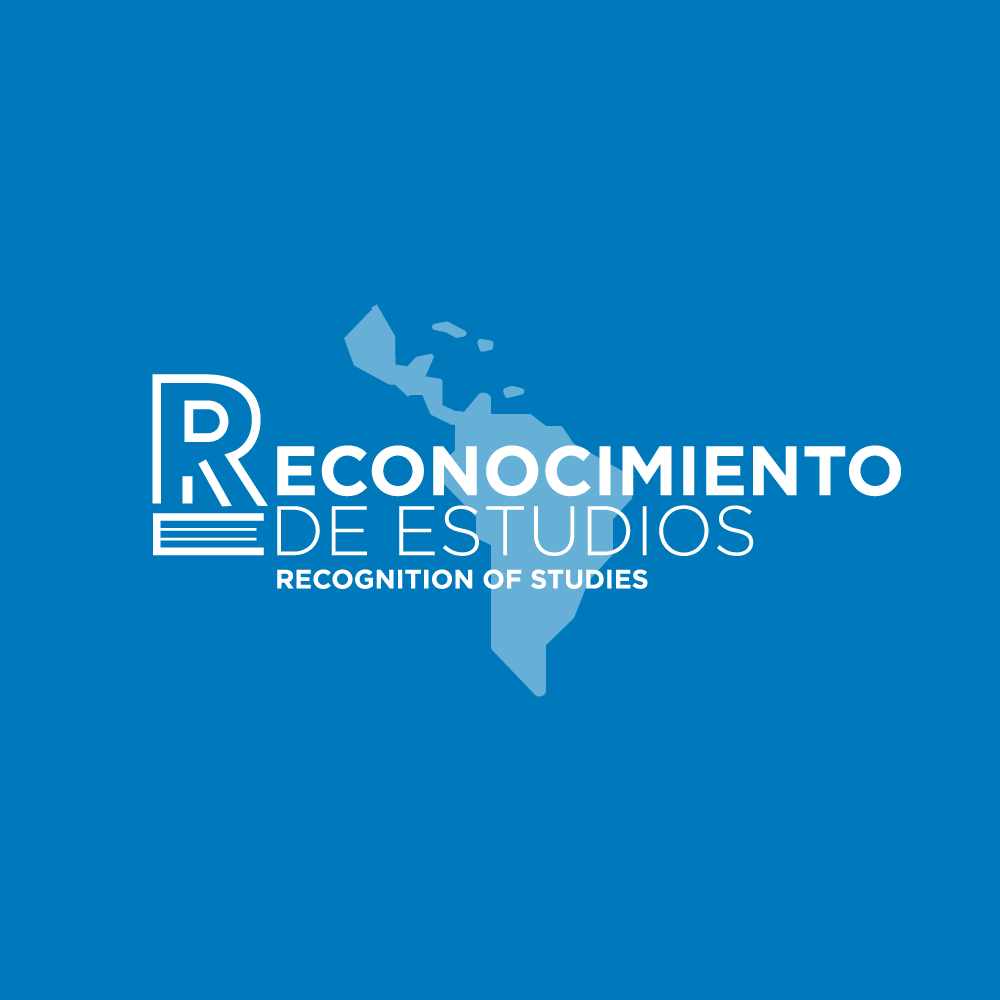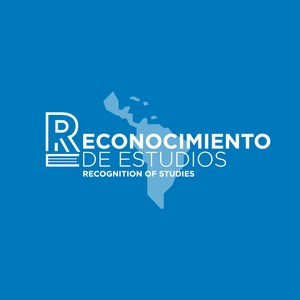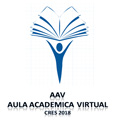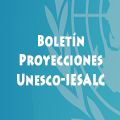
 A relentless effort...
A relentless effort...
For several decades, the UNESCO promotes regional conventions on the recognition of studies, diplomas and degrees in higher education. In Latin America and the Caribbean, the regional agreement was signed by 18 countries on July 19, 1974, in Mexico City. Of these countries, 13 are in the region and five are from other geographic areas.
The countries of Latin America and the Caribbean that signed were: Panama, Mexico, Chile, Venezuela, Colombia, Cuba, El Salvador, Ecuador, Brazil, Suriname, Nicaragua, Peru and Bolivia. Moreover, among the signatory countries are: Netherlands, Vatican, Slovenia, Republic of Macedonia, Serbia and Montenegro. Argentina never joined the Convention, while Brazil and Chile signed but later denounced it, reducing the number of participating countries to 11. Therefore, this instrument that could contribute in an important way for integration and the internationalization of higher education in the region, is not enough for full coverage in the 33 countries of the region.
The purposes of this Agreement are:
• Allow a better use of training facilities in the region.
•Ensure greater mobility of teachers, students, researchers and professionals in the region.
• Flatten the difficulties encountered by people that have been trained abroad at the moment of going back into their home countries.
• Encourage a greater and more effective use of human resources in the region in order to ensure full employment and prevent leakage of talent to highly developed countries.
The UNESCO presented an initiative, precursor to a current university spaces and provided an important platform for the mobility of professionals and students. It supposed a gradual harmonization of education systems in the region while overcoming the processing of bilateral agreements or small group of countries to resolve the complex situation in the recognition of qualifications and recognition of partial studies. However, this agreement did not specify the requirements for validation and not discriminated between recognition for academic licensing for professional practice, which in the end has become an obstacle to its implementation.
To analyze the situation, the UNESCO has held several meetings that tend to study and resolve this situation since 1992. The latter, during the 12th Regular Meeting of the Intergovernmental Committee, held in El Salvador, in April 2006, which was also attended by members of both UNESCO Paris and the IESALC, representatives of the following countries: Argentina, Bolivia, Colombia, Ecuador, Honduras, El Salvador, Mexico, Panama, Peru and Paraguay. The changes agreed in the 1974 text by the participants of the meeting resulted in proposed amendments to 26 sections of 21 introductory articles and recitals, the insertion of 7 new, and the annulment of 1 (relating to occupation), leaving as the wording of the remaining 16.
The UNESCO-IESALC recognizes the importance of regional academic cooperation as a means to overcome the main problems facing higher education systems and institutions in Latin America and the Caribbean, which was reflected in the construction of the Latin American and Caribbean Higher EducationMeeting Space (ENLACES) agreed at CRES 2008. The final communiqué of the CMES 2009 echoed this statement and recommended support for academic cooperation between countries that are in the same region, with similar objectives and the way to approach the problems in higher education. In this sense, the agenda for the development of higher education in Latin America and the Caribbean, should serve as a reference point for the development of academic cooperation and integration in the region. For this reason, in LAIV Networks and Associations Meeting of Rectors, in May 2011, it was decided to return to efforts to revive the governments of the 33 countries of the region pronounce themselves about throughout 2011.
The progress continues...
Therefore, at present, has been developing an outreach strategy continued with the governments of the region to solicit their input and support. Only five countries have responded. Furthermore, it has maintained close relationship with the development of the actions of the other regions actively participating in the 11th. Session of the Regional Committee on the Recognition of studies, diplomas and degrees in higher education in Asia and the Pacific in conjunction with the Expert Seminar on National Information Centers in May 2012 in Seoul, Republic of Korea, and the First Meeting of Experts on feasibility studies for a Global Convention. Recognition of Qualifications in Higher Education in October 2012 in Nanjing, China.
Additionally, it has again requested the support of the representatives of the Group of Latin American countries accredited to UNESCO-Paris (GRULAC), in order to intercede in their countries to finalize a definitive answer. The result is that 7 countries have answered your agreement to the Convention, 16 countries only acknowledged receipt and remaining 10 countries have not been delivered to date (September 2013). During June of 2013 was held on V Meeting of University Networks and Councils and Chancellors of Latin America and the Caribbean, where the representatives agreed to support the IESALC in monitoring the responses of governments to define together with the ministries foreign affairs, education and / or equivalent the impetus to achieve the mechanisms considered most efficient in the area of recognition of studies, diplomas and degrees. Also, the V Declaration comes the request for support to the Community of Latin American and Caribbean States (CELAC) to encourage regional governments to finalize their position on the Recognition Convention. Also, it has sought the support of the Latin American Parliament (XIII Meeting, Panama and XIV Meeting, Medellin) to specify the response of the countries they represent.
IESALC is currently conducting a survey of information on the mechanisms that have been adopted by governments in the region in terms of recognition. The aim is to create a database available to the community that allows the study the alternatives that exists for bilateral, multilateral or between institutions, for different processes contained in the field of internationalization such as this academic mobility and recognition, which described herein. One of the strategic projects IESALC in the construction and consolidation of ENLACES.








